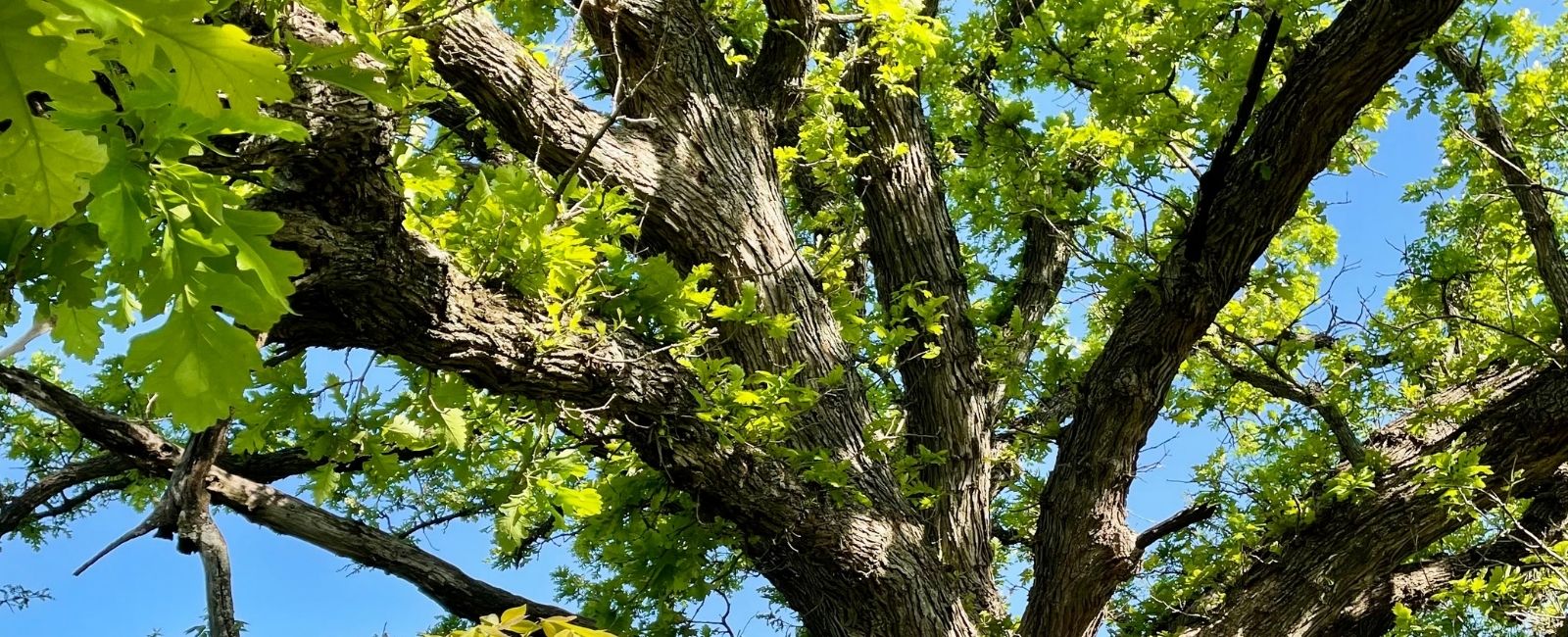
Nut Products
Black walnut and pecan trees produce annual nut crops that are enjoyed by many people in cakes, candies, and cookies.
Kansas is home to two valuable native nut trees—pecans and black walnuts. Both play an important role in the state’s natural heritage and economy. Pecans, grown largely in southeast Kansas, are prized for their rich flavor and nutritional benefits, supporting both family farms and commercial operations. Black walnuts, found across much of the state, are known for their distinctive taste and hard, durable wood, making them a resource for both food and woodworking industries. Together, these nut trees provide economic opportunities, wildlife habitat, and a connection to Kansas’ working forests.
Hammons Products Company, headquartered in Stockton, MO, annually contracts with individuals throughout an 11 state area, including Kansas, interested in operating Black Walnut Hulling Stations. Such Black Walnut Hulling Stations typically only operate during the narrow buying period of October and first part of November, when walnuts are actively falling from trees. Pecans truly are multipurpose trees. In the home landscape, these long-lived, sturdy trees provide ample shade and bright yellow fall color. Wildlife conservationists appreciate the food and cover pecan trees produce for squirrels, turkeys, and deer. In southeastern Kansas, wild pecan trees have been brought under cultivation to provide farmers with an additional source of income. Pecans are also one of Kansas’ most reliable orchard trees.
Black walnuts brought to each Hulling Station are run through a hulling machine, to remove the outer hull of the nut, and the price paid per pound is based upon the weight of the nut, without the hull. Individuals interested in gathering and selling walnuts, are encouraged to contact the nearest Black Walnut Hulling Station to confirm purchasing price and hours of operation.
Individuals who may have interest in working with Hammons Products Company to establish/operate a Hulling Station in their own neck of the woods, are encourage to contact Hammons Products Company directly. Hammons also provides a map of hulling stations for individuals interested in locating a station in your area.
Walnut Council
Walnut growers should consider becoming a member of the Kansas Forestry Association which includes membership to the Walnut Council. The Walnut Council has provided knowledge about growth and use of black walnut since 1970.